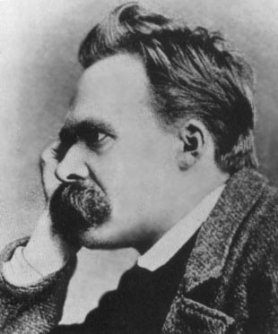 Just because we have become conscious at some point in the past, does it mean that there must be a meaning of life? Perhaps the nihilists have it right – there is no meaning, only life. This may seem pessimistic, but it is a valid consideration. Maybe it is selfish to think that we have meaning.
Just because we have become conscious at some point in the past, does it mean that there must be a meaning of life? Perhaps the nihilists have it right – there is no meaning, only life. This may seem pessimistic, but it is a valid consideration. Maybe it is selfish to think that we have meaning.
We have come into being through a multitude of accidents, coincidences and mutations. You can decide that this is as a result of some grand plan or not, but it is a key point in any search for meaning. Consider the nihilists and the postmodernists who have deconstructed many of the key principles of traditional philosophy in their search for a modern worldview.
Nihilism has been associated with and refuted by some of the most famous philosophers, including Immanuel Kant and Friedrich Nietzsche. In particular, Nietzsche has been coupled with the philosophy due to his writings on the “death of God.” In fact, he was openly critical of nihilism, believing that it deprived the world of meaning. However, nihilism has enjoyed resurgence in the postmodern culture.
Postmodernism is inherently critical of philosophy and its tenets. It eschews many of the principles of most philosophies, specifically that humans have any essence that differs from that of other creatures, and many times dissembles inquiries into the meaning of life.
With these philosophies in mind, consider whether in fact there is any meaning. The human race has, through some permutation of the universe, arrived to this state. The grand plan is that there is no grand plan. The universe exists, somehow. It has evolved according to a set of physical and chemical rules that are still largely unknown. We exist, the world exists, and we go along living through no fault of our own.
So, we return to the question. Just because we become conscious does that mean that there must be a meaning to our consciousness?

No comments yet.